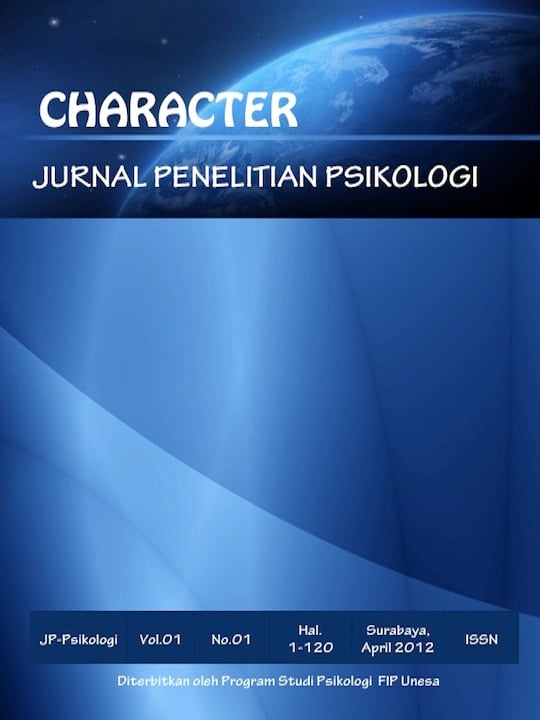The Relationship between Self Efficacy and Resilience in New Psychology Students at University X
DOI:
https://doi.org/10.26740/cjpp.v10i2.53206Abstract
This study aims to determine the relationship between self-efficacy and resilience in new students majoring in Psychology at Surabaya State University using a correlational quantitative research method. The population in this study were 320 new psychology students with the criteria of being active psychology new students in college and taking their second semester. The subjects of this study were 134 new students who were determined by quota sampling technique. The instruments used in this research are the self-efficacy scale and the resilience scale. The data processing used is product moment correlation analysis with a significance level of 5%. Based on the analysis results obtained a correlation value of 0.610 and a significance value of 0.001 <0.05. This means that there is a positive relationship between self-efficacy and resilience in new Psychology students at Surabaya State University. Which if the self-efficacy of new students is high, then the level of resilience in new students will also be higher. Vice versa, if the self-efficacy of new students is low, then the level of resilience in new students will also decrease.
Downloads
Downloads
Published
How to Cite
Issue
Section
License
Authors who publish in this journal agree to the following terms:
Copyright in any article is held by the author.
The author grants the journal, publication rights with the work simultaneously licensed under a Creative Commons Attribution License that allows others to share the work with an acknowledgment of the work's authorship and initial publication in this journal.
Authors may enter into separate, additional contractual arrangements for the non-exclusive distribution of the journal's published version of the work (e.g., posting it to an institutional repository or publishing it in a book), with an acknowledgment of its initial publication in this journal.
Authors are permitted and encouraged to post their work online (e.g., in an institutional repository or on their website) prior to and during the submission process, as this can lead to productive exchanges, as well as earlier and greater citation of published work.
 Abstract views: 309
,
Abstract views: 309
, PDF Downloads: 1168
PDF Downloads: 1168





